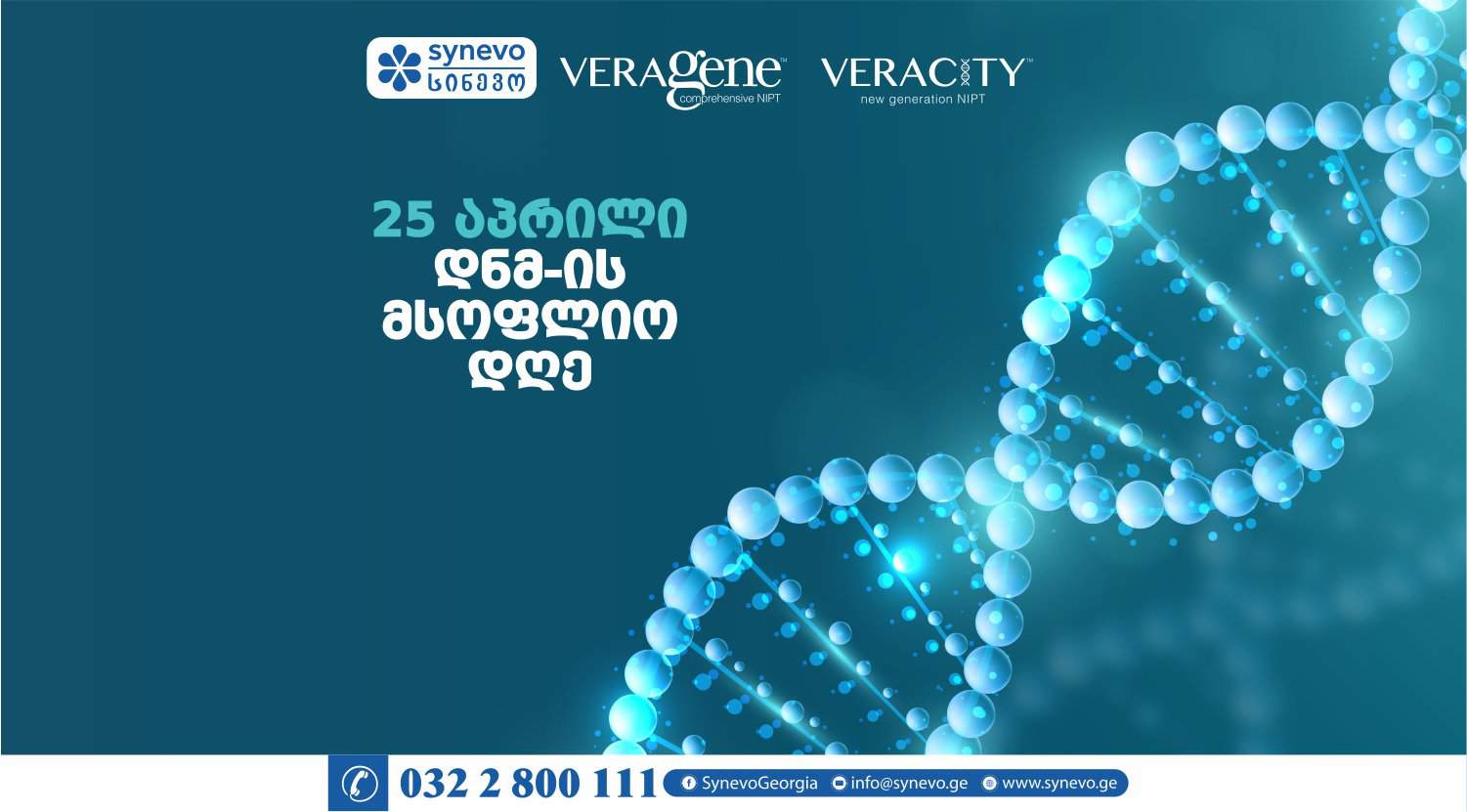
The site is temporarily down due to maintenance. Sorry for the inconvenience.
The site is temporarily down due to maintenance. Sorry for the inconvenience.
The site is temporarily down due to maintenance. Sorry for the inconvenience.
The site is temporarily down due to maintenance. Sorry for the inconvenience.
Quality & Accuracy
Experience
The latest technologies
Speed &
Credibility
₾15.00 Original price was: ₾15.00.₾13.50Current price is: ₾13.50.
Reticulocytes are young erythrocytes that result from the loss of the nucleus of normoblasts. The maturation time is 4-5 days, 3 days of which this process takes place in the peripheral blood. The number of reticulocytes reflects the regenerative processes in the bone marrow.
It is recommended to take the test:
Determining the number of reticulocytes is important for detecting pathology and/or monitoring the treatment process, although it does not diagnose any specific disease. Further studies are needed. If the reticulocyte count increases after chemotherapy, bone marrow transplant, iron, vitamin B12 or folic acid deficiency treatment, it means that the bone marrow is starting to make red blood cells.
It is not necessary to be fasting to conduct research.
Venous blood
The increased number of reticulocytes in the blood may be due to the following factors;
Decreased levels of reticulocytes in the blood can be due to the following factors:
Other tests




Testing process
|
Purchase a test |
Submission of material |
|
Results Online |
Consult a doctor |

More than 1000 routine and complex/specific diagnostic tests in all major areas of clinical pathology.

48 laboratory centers in 25 cities of Georgia: Tbilisi, Rustavi, Kutaisi, Batumi, Marneuli, Telavi, Zugdidi, Zestafon, Gori, Kobuleti, Akhaltsikhe, Khashuri, Sartichala, Kazbegi, Borjomi, Samtredia, Gurjaani, Lagodekhi, Akhmeta, Ozurgeti, Poti, Chiatura , Dusheti, Kareli, New Gudauri.

Use the Synevo web platform to view results from anywhere and anytime
Use the Synevo web platform to view results from anywhere, anytime
From Monday to Saturday you can use the laboratory services at home.
☎️ Hotline: 239 38 33 or 239 40 65
577293008 (9:00-დან 17:00-მდე)
30 laboratory centers in 11 cities of Georgia: Tbilisi, Kutaisi, Batumi, Kobuleti, Zugdidi, Zestaponi, Rustavi, Marneuli, Akhaltsikhe, Telavi, Gori.
More than 3000 routine and complex / specific diagnostic tests in all major areas of clinical pathology.

"Synevo" - Providing a wide range of diagnostic services in Georgia, offering more than 1,000 routine and specific diagnostic tests in all major areas of clinical pathology. By the end of 2023, the Synevo Georgia network will include 3 clinical laboratories and 47 blood sampling units, which will perform more than 300,000 tests.
Contact information
Address: Tsinandali St. N9 (N1 Clinical Hospital area)
2021 – 2023 © Synevo. all rights reserved